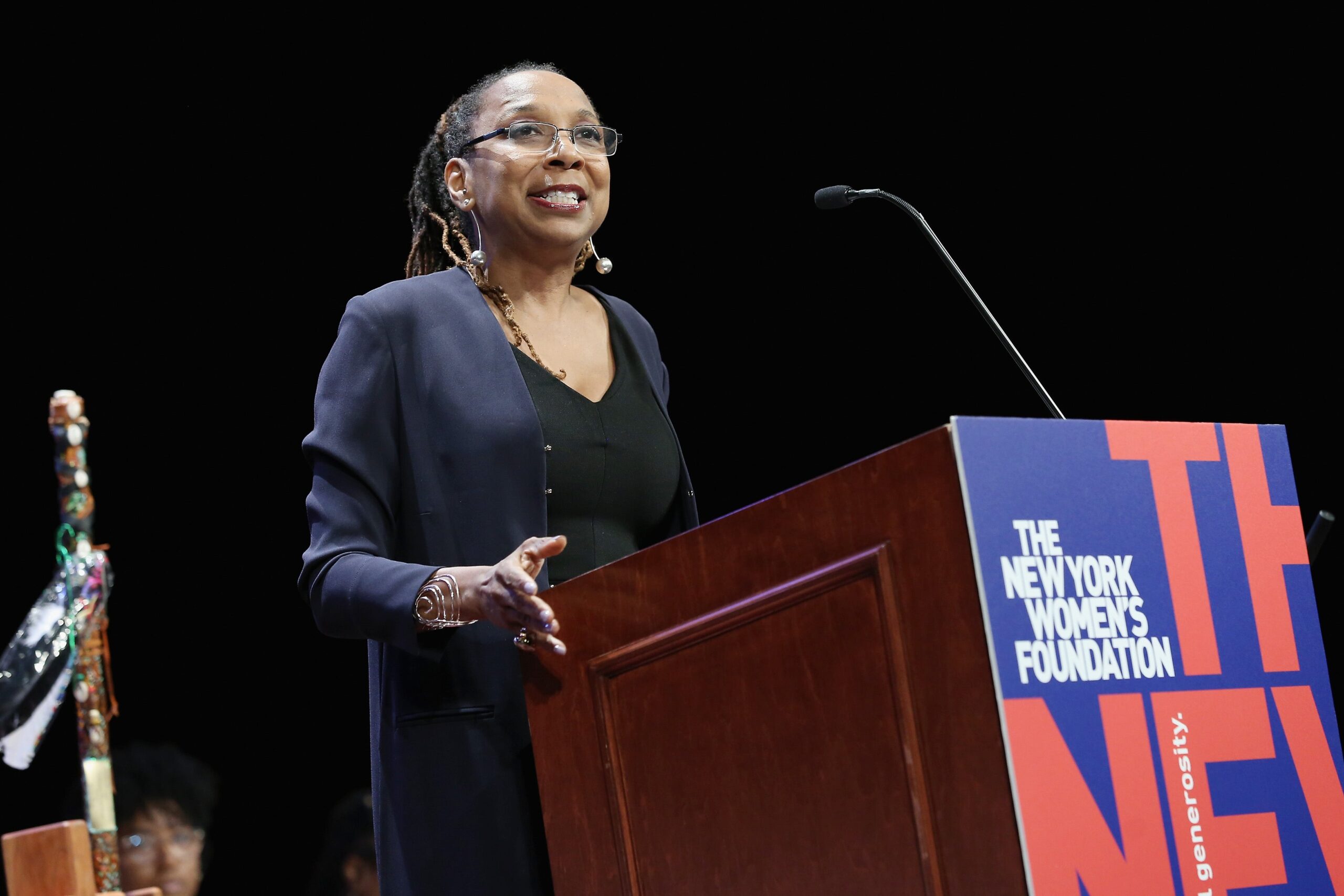While many believe themselves to be familiar with the terms intersectionality and Critical Race Theory, as well as the #SayHerName and Black Girls Matter campaigns, few people are aware that they are each a byproduct of the same think tank turned non-profit, the African American Policy Forum. Officially founded in 1994 by deputy director Luke Harris and legal scholar and executive director Kimberlé Crenshaw, the AAPF has connected academics, activists and policy-makers for nearly thirty years in an effort to dismantle structural inequality. Over the last few years however, as the nation struggled against the “twin pandemics” of racial injustice and COVID, organization leaders found that it was not enough to “speak truth to power,” they would have to teach it, too.
Enter the CRT Summer School. In the summer of 2020 during an an unprecedented fifty state protest of police brutality following the murders of George Floyd and Breonna Taylor, the AAPF were as aware as they’d always been, that there was a need for collective education. The summer school program launched as a virtual space where teachers, students, activists, and citizens of the world galvanized themselves and those around them to take action against systems of oppression.
Suggested Reading
This year, as critical race theory is still under attack by the right wing and their army of misinformers, the CRT Summer School is more important than ever.
“None of the things that are happening are new,” Professor Kimberlé Crenshaw tells The Root. “What the challenge now is…is that one of the first things that happens to our struggles is that they are erased. It [becomes] a new generation of erasure that forces us to start from scratch. We have to learn again how these institutions have functioned to exclude us. We have to learn again what are the rationales given to kill us.”
Professor Crenshaw also wants us to know that the insurrection of January 6th was not only an attack against democracy, but a modern attempt to erase history by “reclaiming” land white nationalists believe to be theirs, and controlling which stories are told, and which remain hidden.
“There is now a moral panic created around the country over this made up set of conditions that they call critical race theory is basically an effort to reenact that erasure,” Crenshaw continued. “To say we’re not going to tell the true story of America. We’re going to act like none of that stuff happened. If we close our eyes to it, and make it go away, we don’t have to deal with the demands for social justice.”
During the one week CRT Summer School program that takes place from July 18th through the 22nd, participants will have the opportunity to “meet the demands of the moment” with five days of courses covering a range of issues from healthcare to voting access to reproductive rights, and speak to critical race theory in a way that will cut through the static of disinformation.
A major goal of the program is to take what was once an academic term inaccurately redefined by the right wing, and make it recognizable to the community that faces the greatest risk if we fail to do so, Black families.
“We’re trying to tell racial justice advocates and our own folks, that the consequences of this attack on critical race theory is [the loss of] our stories, our history, and it’s undermining the confidence of our children,” said Crenshaw. “It actually is damaging not to be taught the true history of your people.”
After 600 people enrolled in the CRT Summer School of 2021, an even bigger turnout is expected this year. Panelists include founding Director of the Racial Equity in Education Law and Policy Clinic Janel George, filmmaker CJ Hunt, UCLA Law Professor Cheryl Harris, and Professor Kimberlé Crenshaw herself who will be leading a discussion on intersectionality. There are both partial and full scholarships available, and those interested may apply here. And if you can’t make it, don’t fret! The full course playback will be available for a limited time.
Straight From 
Sign up for our free daily newsletter.


